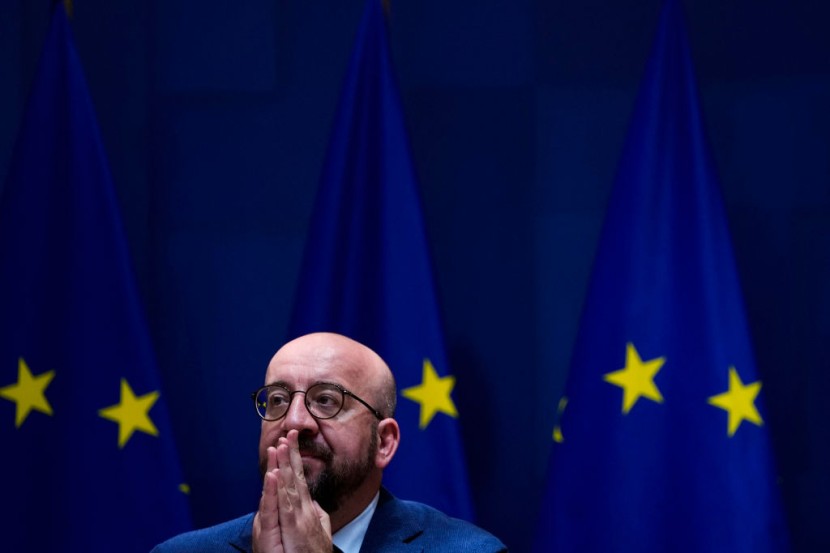
European Union leaders have reached a deal on Monday on a sixth sanction package that will include a partial oil embargo against Russia after months of discussions and after resolving an objection from Hungary.
During a marathon meeting in Brussels, EU members expressed their support for an embargo that would cover Russian oil transported by sea. The decision would allow a temporary exemption from imports delivered by pipeline.
Russian Oil Embargo
In a Twitter post, EU Council President Charles Michel said that the deal covers more than two-thirds of oil imports from Russia. He noted that it would be "cutting a huge source of financing for its war machine. Maximum pressure on Russia to end the war."
Tonight #EUCO agreed a sixth package of sanctions.
— Charles Michel (@eucopresident) May 30, 2022
It will allow a ban on oil imports from #Russia.
The sanctions will immediately impact 75% of Russian oil imports. And by the end of the year, 90% of the Russian oil imported in Europe will be banned. pic.twitter.com/uVoVI519v8
In recent days, the package had stalled due to Hungarian Prime Minister Viktor Orban's repeated claims that his nation's economy would shatter without oil from Russia. Moscow is known to supply 60% of Hungary's oil supply. The package needs all 27 EU countries to agree on the deal before it can be approved, as per USA Today.
Hungary, as a landlocked nation, is not impacted by the ban on oil brought in by tankers via the sea. In a statement, European Commission President Ursula von der Leyen had expressed doubt that an agreement would be reached at the two-day summit. She said her expectations were low about the issue being addressed in the next 48 hours.
The endorsement of the deal came amid a multipronged Kremlin assault in the easternmost Ukrainian-controlled city, Sievierodonetsk. Russian military forces have continued their pattern of bombarding cities and towns, including civilian areas, reducing them to nothing more than depopulated wastelands before attempting to seize control.
According to the New York Times, the deal is the latest and most far-reaching demonstration that over more than three months of the war, in reaction to mounting Russian aggression and atrocities, European leaders have become more willing to take steps they previously considered too extreme in the early stages of the war.
Russian-Ukraine War
On the other hand, Ukraine's military mounted a counteroffensive to retake the strategic southern city of Kherson. Another incident, a car bombing in the Russian-held city of Melitopol, hinted at the kind of fierce resistance the occupiers may face in taking back their country.
Russian President Vladimir Putin's war machine is mostly financed by Russia's sales of crude and refined petroleum and natural gas, which account for most of the country's export revenue. It is collected primarily by state-controlled energy companies. The war has also driven up prices, with the European Union countries alone being responsible for paying roughly $23 billion per month for Russian oil.
Previous sanctions against Russia include targeting more than 1,000 people, including Putin and several top government officials from Moscow, as well as pro-Kremlin oligarchs, banks, the coal sector, and more.
Ukrainian President Volodymyr Zelensky addressed EU leaders on Monday by video link, where he urged them to end "internal arguments that only prompt Russia to put more and more pressure on the whole of Europe," The Hill reported.
© 2026 HNGN, All rights reserved. Do not reproduce without permission.








